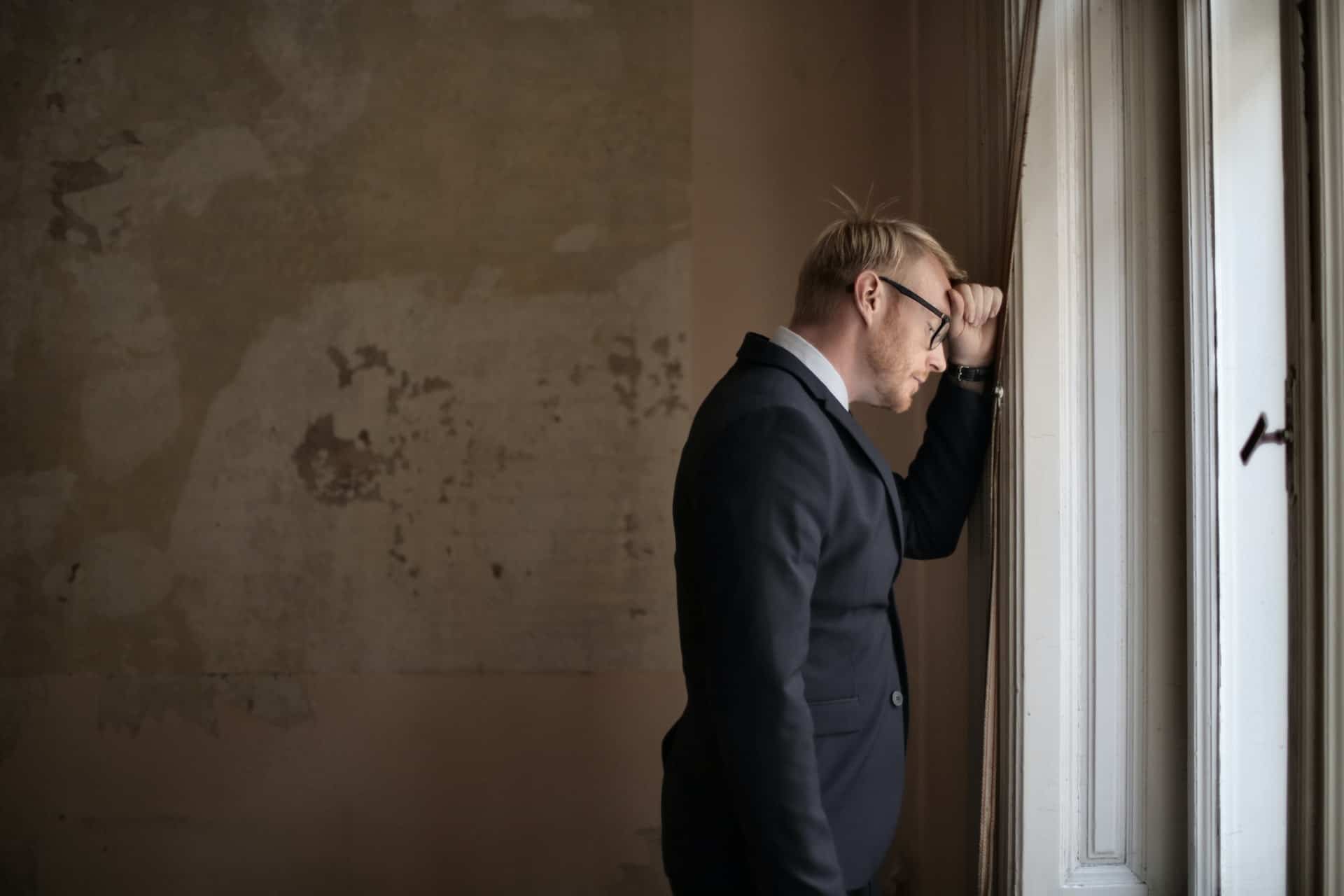WHY DO COMPANIES IGNORE THE SIGNS OF AN IMPENDING CRISIS?

Abstract
The Internet bubble, the financial crash, the Covid 19 pandemic… Crises keep happening one after the other, and yet we still haven’t learned to adequately anticipate them. Our study shows that managers and organizations fail, with alarming regularity, to recognize early warning signs. Why are we so incapable of detecting the red flags of an impending crisis? Why aren’t we able to react quickly and efficiently when we are confronted with emergencies? Our work on omission, industry rivalry and their consequences allows us to better understand how individuals respond or don’t respond to crises that unfold slowly. The study we have published is based on in-depth interviews with top executives of international banks as well as on analyses of archives, articles and surveys.Pablo Martin de Holan, Federica Pazzaglia, Karan Sonpar and Maeve Farrell Keeping up with the Joneses: Industry rivalry, commitment to frames and sensemaking failures, Human Relations, 71-3, 2017.
What gave you the idea for this study and why did you choose to focus on Ireland’s banking sector?
I’m interested in competitive advantage, that is, the reasons why certain organizations achieve better results than others. Being able to adapt to one’s environment or to a situation is a performance factor, yet crises reveal that companies have trouble anticipating critical periods. I worked with long-term friends and colleagues Federica Pazzaglia and Karan Sonpar, and Maeve Farrel, of the Dublin firm Accenture, opened the doors of the banking sector for us. The 2008 crisis was a disaster for banking in Ireland, causing the quasi-bankruptcy of several of the country’s leading banks. We examined interviews and thousands of documents (memos, e-mails, etc.), which cumulatively showed that many top executives “knew” something was going to happen, but did nothing about it.
Do you think this blindness is the result of individual psychological biases and the ways companies are organized?
Yes, no one likes bad news, so we pretend that this news doesn’t exist. For one thing, we prefer information that confirms what we believe or already know, and we have trouble estimating the probability of uncommon events. When Steve Jobs presented the idea for the iPhone to a group of Nokia executives, they didn’t “believe” that this telephone could do what he said it could do, so he demonstrated the phone’s capabilities right in front of their eyes. But within a company, it’s not easy to be the one who cries wolf! In fact, there are no mechanisms or channels for signaling emergencies. And employees’ motivations, particularly concerning their salaries, are short-term: If I want to get my bonus at the end of the year, I don’t care that there are signs that the next year will be bad, even catastrophic… Finally, heads of companies in the same sector tend to observe each other and all act in the same way, even when they make bad decisions. This is what happened in Ireland’s banking sector. When someone is faced with incertitude, imitation creates an apparent order, which is reassuring.
How can companies become more vigilant?
We suggest many possibilities: create a corporate culture that is more open to individual and collective questioning, pay more attention to the long term, and encourage the organization’s flexibility and resilience. The more a company focuses on immediate operational efficiency, the less room to maneuver it will have.

Pablo Martin de Holan
Dean of HEC Paris in Qatar and professor of strategy and entrepreneurship, he has taught in over 20 countries. He focuses his research on knowledge creation in organizations, how strategic decisions are put into practice, change processes, and anything contributing to competitive advantage.
Published by La rédaction

